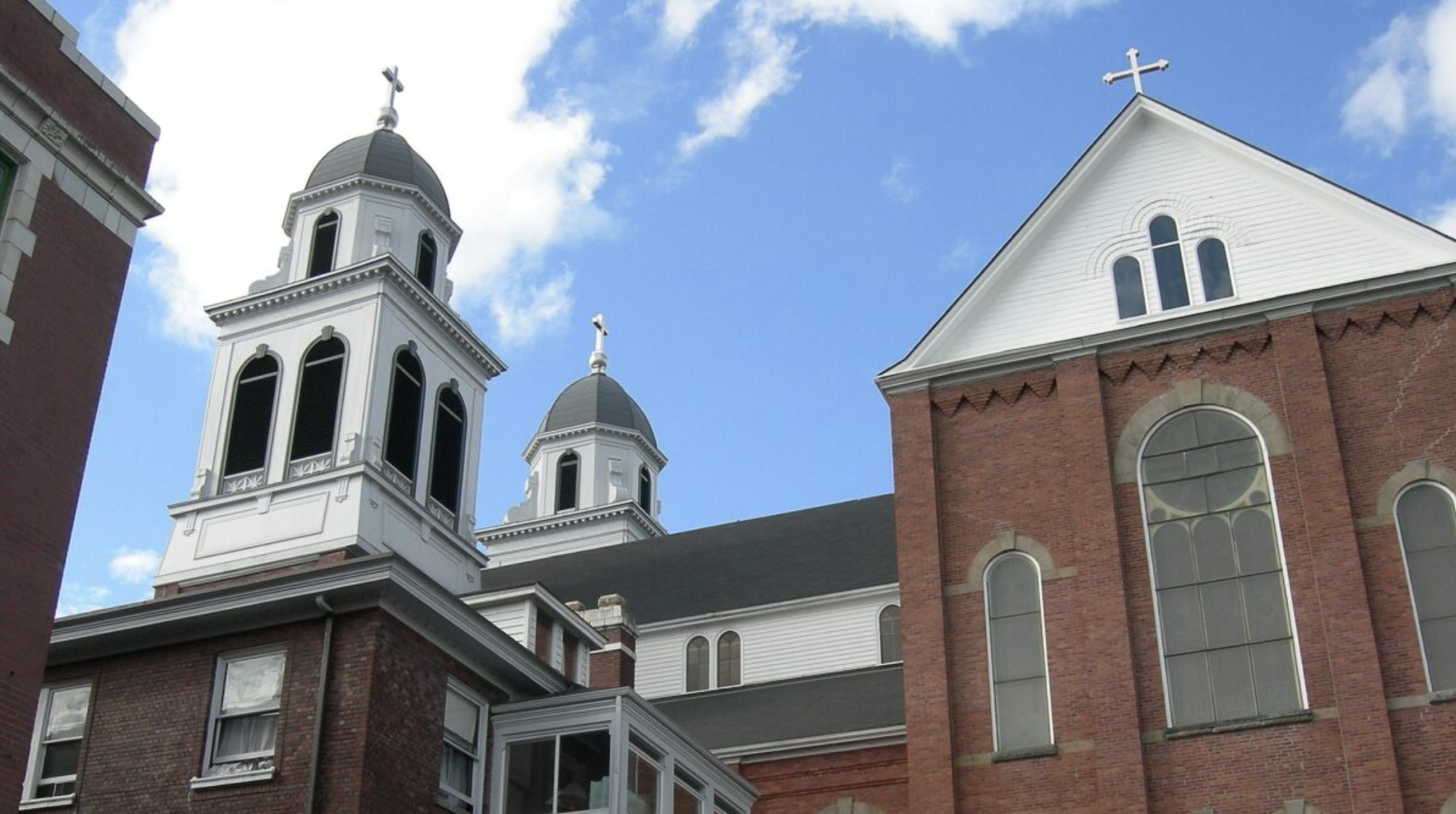
The Federalist
The Federalist's Self-Proclaimed Bias
In September 2013, co-founder Ben Domenech, a conservative writer and TV commentator, wrote that The Federalist was inspired by the worldview of the original TIME magazine, which he described as "[leaning] to the political right, with a small-c conservatism equipped with a populist respect for the middle class reader outside of New York and Washington, and an abiding love for America at a time when snark and cynicism were not considered substitutes for smart analysis."
Domenech wrote that The Federalist would be informed by TIME's 1920s “list of prejudices” for the magazine, which included principles such as:
- A belief that the world is round and an admiration of the statesman’s view of all the world.
- A general distrust of the present tendency toward increasing interference by government.
- A prejudice against the rising cost of government.
- Faith in the things which money cannot buy.
- A respect for the old, particularly in manners.
- An interest in the new, particularly in ideas.
Last week, the U.S. Supreme Court ruled 6-3 that Maine’s policy of allowing parents to use school vouchers for religious schools was not a violation of the establishment clause of the First Amendment, which prohibits the national government from establishing a state religion. In a rare moment of principle, Chief Justice John Roberts rightly asserted in the majority opinion that excluding religious schools from the voucher program was blatant religious discrimination.
This is significant for school choice. It illustrates just how feasible it is to implement school choice and how well it can work. Because the state is largely rural and students are scattered across such a wide area, it was a matter of necessity to outsource schooling to private organizations that could accommodate families where they were. By sending money to parents directly, Maine’s taxpayers are free from the massive cost of building so many campuses and staffing them.
Other state governments looking to save money on funding public schools while encouraging high-quality education may want to imitate this model. In most of the country, only the families who live in affluent areas or can pay for private schools have real access to a quality education. Meanwhile, poorer families are forced to rely on inferior public schools because they have no other options.











